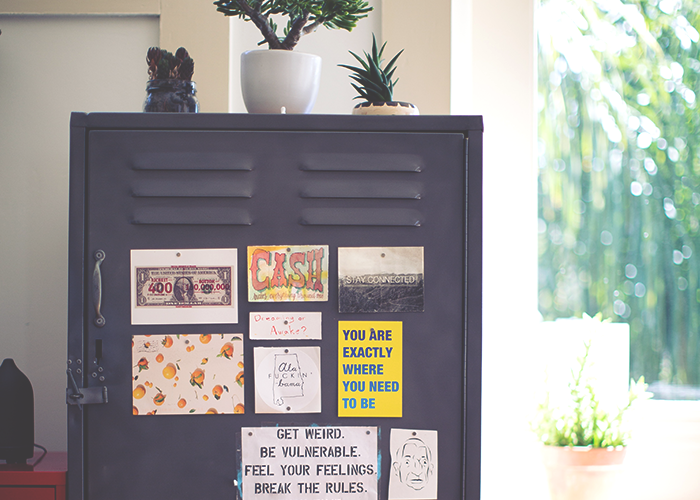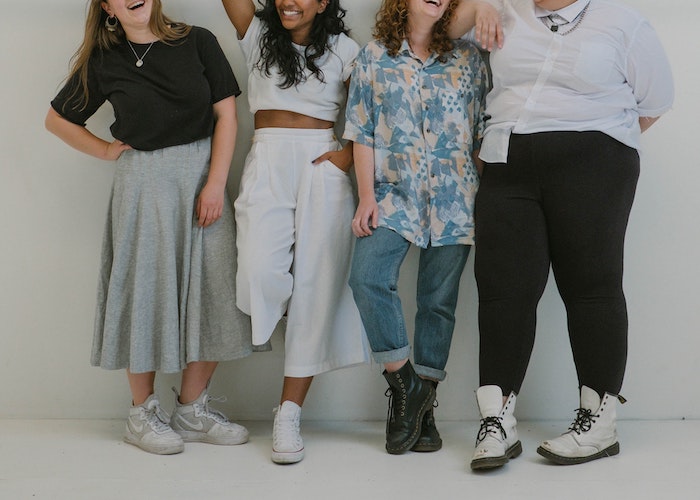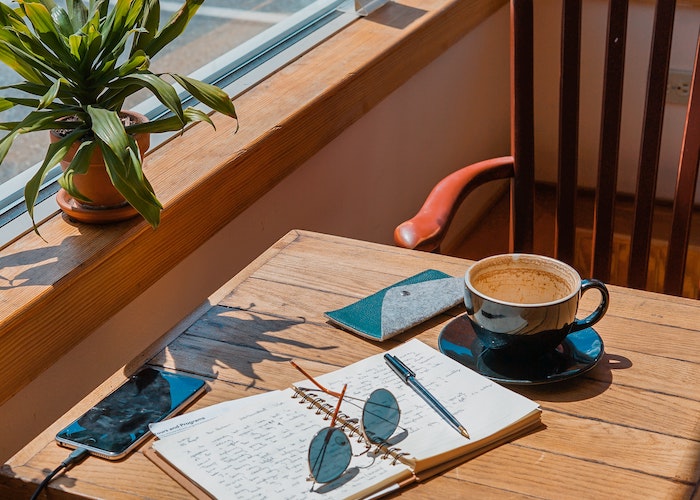How I Created Personal Boundaries & Upgraded My Life In 10 Weeks

Here, Susanna Williams, Organizational Development and Communications Consultant, outlines how she discovered the critical missing step in her personal and professional life.
What new skill linked to personal or professional development have you recently learned/taught yourself?
SUSANNAH: I learned how to establish healthy boundaries.
What prompted you to learn this skill? Why did you see it as important to learn?
After getting to the breaking point with yet another emotionally unavailable man, I recognized a decades-long pattern of attraction to men who were not able to reciprocate my feelings and realized that I had no idea what a healthy relationship looked like. Similarly, I recognized a repeated pattern of getting burned out in jobs and saw that boundaries were important there, too. Having healthy boundaries is the first and most critical step to self-esteem and the centeredness that we are all seeking. Boundaries (knowing what you need to feel safe) keep you strong within yourself and allow you to move more confidently through the world.
How did you go about learning the new skill?
After crying on the phone to a girlfriend about this man, she mentioned that she’d heard about a free call/coaching session called “Do You Actually Know What The @$&! You’re Doing When It Comes to Love?” Clearly, I didn’t, so I signed up and took notes as fast as I could. Communication! Boundaries! Knowing what you want! All things I realized I didn’t have a clue about. The biggest ah-ha came when Kira Sabin, the coach, asked those of us on the call, “How did you learn to love?” Few other questions have changed my life so radically. You mean I learned how to love? And clearly the way I learned to love wasn’t the healthiest for me? And I could learn to love differently? I signed up to take her ten-week online Owners’ Manual class to learn more.
What was your learning process?
The Owners’ Manual class is a ten-week online class with regular homework, weekly calls and assigned accountability partners to help members process and reflect. My accountability partner, Jaime, was an Australian woman living in Vancouver, BC. We have never met face to face, but we had weekly video chats and phone calls in addition to our Owners’ Manual calls. Jaime and I talked through questions about boundaries and intimacy, communication and having hard conversations. She was also a self-employed small businesswoman and we found that everything we were learning about romantic relationships applied to our work lives, as well.
We each had opportunities to practice boundary setting with clients as well as with men and we reported excitedly to each other about our wins…as well as the times we struggled. (Jaime is now in a happy, healthy long-term relationship with a man she knew in Australia. They reconnected after she took a spontaneous trip back home to escape the Vancouver gloom. He is moving to Canada to be with her.)
The homework ranged from journaling to drawing to “dares” — activities that helped us to get out of our comfort zones and get to know ourselves better. Each week we worked to understand the family patterns and relationship models, our values, what we needed to feel emotionally safe, and how to become conscious about old patterns that were not helping us get what we wanted. I thought I knew myself well — I have kept a journal since I was 12 years old. This class took it to a whole new level.
Did you notice any differences or similarities between how you learned in school and the learning process as an adult out of school?
I have always enjoyed specific homework assignments and deadlines. I loved the structure. And I really appreciated the accountability partnership. I learned as much through my conversations with Jaime as I did through the actual homework assignments. I loved the opportunity to practice and reflect. In some ways, this was an ideal learning experience — not at all theoretical, very personal. It echoed the service-learning work I did in college, but bore little relation to the formal learning in high school or my academic classes in college. Kira didn’t lecture. She coached. She gave us honest (VERY honest) feedback. She spoke truthfully about her own experiences and mistakes. She gave us space to ask questions and be our whole selves. It was a flipped classroom — homework done outside of class informed the conversation in class. We were expected to put what we were learning into practice. And we developed new behavioral habits that helped us make the changes we were seeking.
Were there any challenges or roadblocks you encountered in the process?
The biggest challenge, and one I’m still wrestling with, is that Kira strongly advised refraining from having sex for six months into a relationship in order to establish a solid base of trust and communication. I’ve resisted that (although it’s not like I’m dating enough to make it an issue). Learning how to put the theory into lived practice is a constant process. What I love, however, is that I’m now aware of what’s going on and I have the communication and emotional tools to use. And you know, the more I date, the more I realize that that six-month suggestion is a pretty good idea.
How has it impacted your career and/or your creative or personal life?
Boundaries are amazing. The simple question of asking myself “What do you need to feel safe?” has been transformational. I have become confident in identifying and asking for what I need. I no longer tolerate behavior I would have torn myself up over in the past — you cross a line, I will tell you. It has changed my friendships, dating relationships, and work relationships — because relationships are relationships. I am actually okay with being single for the rest of my life if it comes to that because I can’t imagine settling for less than I need to feel safe and supported.
Would you recommend that others add this skill to their own repertoire? Who specifically would it benefit?
Every aspect of our lives has entered this odd liminal “gig” space. From work to dating, the old ideas of commitment, loyalty and persistence are being challenged. Seeking a healthy, monogamous relationship in a Tinder world is really challenging. Finding stability in a work environment that relies on short-term contracts feels like it’s too much to ask. There is tremendous freedom and potential in this new world, but it requires a new kind of work. I have talked with so many women (and men) who struggle to set good boundaries and feel drained as a result. Having healthy boundaries makes it easier. Knowing what you need to feel safe and secure and knowing how to confidently ask for it (because you are absolutely worthy of feeling safe and secure) is something that everyone should know how to do in all aspects of their lives.
What is your advice to someone who wants to add a new skill to their set, but doesn’t think they have the time or are intimidated to attempt to learn something new?
You can’t afford not to do this. The class took about four hours a week between calls and homework. This is the most powerful thing I’ve done for myself. Forty hours over ten weeks in order to start feeling like you have some control over your work and love relationships? Priceless. Get ready to get comfortable with vulnerability.
Susanna Williams is a 41-year old independent consultant working to improve economic equity by changing the way we hire people. She lives in a not-cool part of her native Brooklyn and enjoys mentoring, being creative, and loving on New York City.
Image via Unsplash




